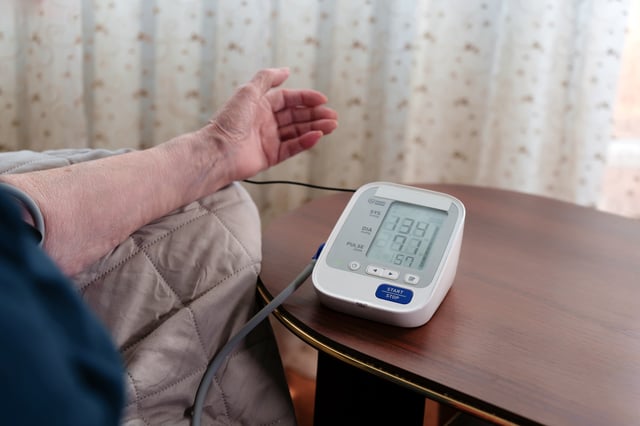Overview
- A large randomized trial involving 33,995 adults in rural China found that intensive blood pressure management reduced dementia risk by 15% and cognitive impairment risk by 16%.
- Participants in the intervention group received free or subsidized medications, lifestyle coaching, and home blood pressure monitoring to achieve a target of <130/80 mm Hg.
- Non-physician community health workers, known as 'village doctors,' played a key role in delivering the intervention, showcasing its scalability in low-resource settings.
- The study provides the strongest evidence to date linking blood pressure control to dementia prevention, marking a significant step beyond earlier observational studies and smaller trials.
- Experts highlight the need for further research to assess the long-term benefits and applicability of these findings to diverse populations beyond rural China.



